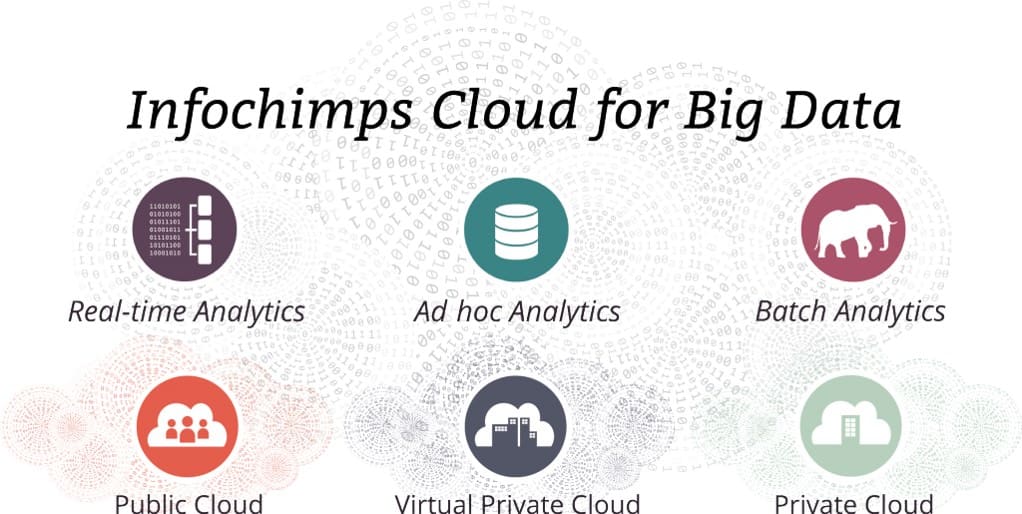5 Tips For Getting the Most Out of Big Data
Big data. Two little words with such overwhelmingly large connotations. The phrase brings to mind billions if not trillions of data points. It suggests super-large corporations with whole teams and whole business modules devoted to reaping the benefits of the data driven approach. Not surprisingly then it can seem a little daunting to apply big data to your own business. But fear not, here we have 5 great tips about how to make sure that you start your adventure with big data on the right foot.
1. Start with the foundation: storage and processing
Unless you have adequate foundations, the construction of your big data capability will crumble. The foundation in this case is your storage and processing capability. There there are plenty of solutions to explore which can offer the storage you need to process and manage large and complex data sets. If your business is smaller, there are many data service solutions out there which can provide you with excellent analytic firepower. Having the right storage and processing service is crucial to ensuring that the solution fits your needs and is scalable to your requirements.
2. Center big data at the heart of your business strategy
Make sure that big data is properly centered within your business strategy. Unless big data occupies this place in your thinking you will risk it becoming the solution which like Don Quixote goes around trying to find problems. Having a team of expert data analysts who have direct access to decision makers at the top of the tree is a great way of ensuring that data remains at the core of your business strategy.
3. Experiential learning
Even for large businesses the best practices of the data-driven approach are still being ironed out. It’s a process of exploration and discovery. The same is true for you and your business. The early days of adoption will be about finding out what works for your business. To channel this experiential learning into something positive — rather than simply floundering — make sure that there is strong collaboration between data analysts in different parts of the firm. This dialogue ensures that benefits learned in one section of the company can be applied to other areas and vice versa.
4. Security and privacy
Storing a large volume of data all in one place makes it much more vulnerable to attack. Therefore it is extremely important to ensure that there is solid governance in place with a strong plan for how to manage the data securely as use grows and storage is scaled up. Additionally, it’s important to make sure that you’re not breaking any privacy laws that impinge on other people. One example of this is to strip out sensitive aspects of the data so that you remain in compliance with privacy protocols. Having a plan from the outset is vital to ensure that you don’t become overwhelmed as you up-scale.
5. Start small
This might sound as if it conflicts with our second point to keep big data at the heart of strategy. However, there is a difference between keeping something at the core of your business strategy and going all out and running before you can walk. Getting the most value from big data is an experiential process and it will take time for you to exploit its full potential. It is important to make sure that starting small doesn’t lead to the data driven approach getting side-lined. To make sure this doesn’t happen ensure that there is a two way communication between those implementing big data and those at the top forming business strategy.
If you’ve enjoyed this article, why not join the conversation with us through twitter.









Leave a Reply
Want to join the discussion?Feel free to contribute!